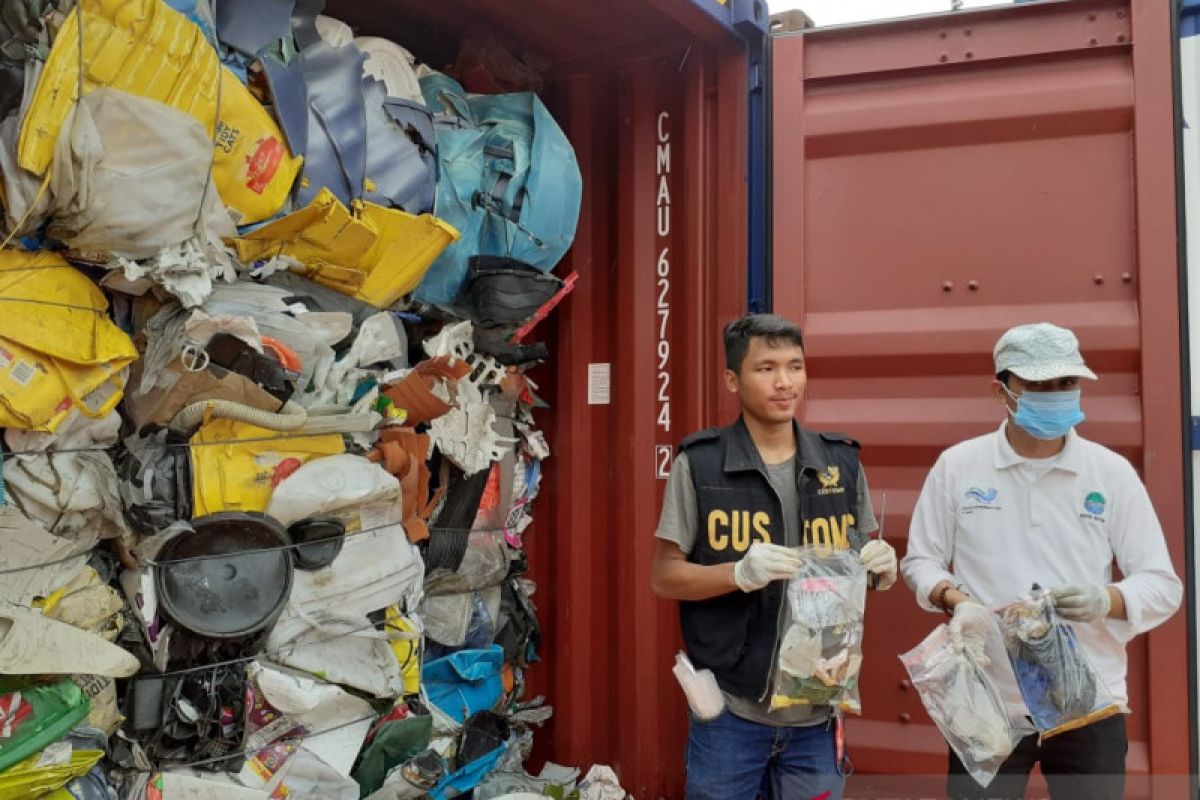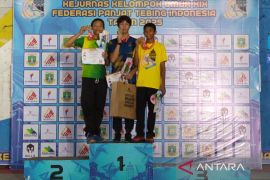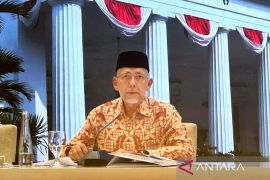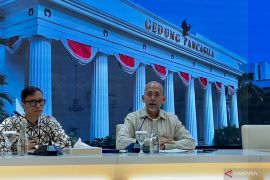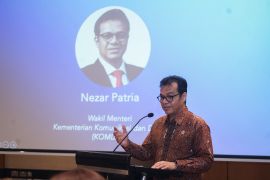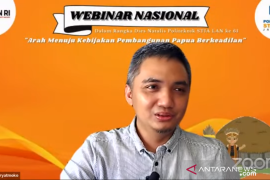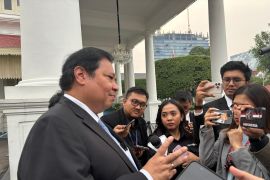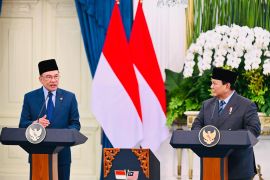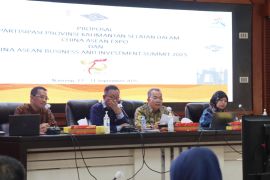The firm stance on banning imported plastic waste was taken by the city administration by strictly implementing waste management regulations for environmental protection, Head of the Batam City Government's Environmental Management Division IP stated.
"We reject those offering imported raw materials," IP affirmed, adding that the Indonesian Customs and Excise officers had recently come across 65 containers of imported plastic waste. Drums, pipes, and buckets were among the plastic goods found loaded inside the containers.
The importers of plastic waste contended that the containers were filled with raw materials for industries operating in Batam, he remarked.
Despite the Batam city administration rejecting plastic waste, it has no problem with the use of plastic ore.
In the meantime, Susila Brata from the Batam Customs and Excise Office remarked that his officers had completed their investigation into 65 containers of plastic waste and had handed over its case to the Environment and Forestry Ministry.
The ministry's decision on this case should be respected and followed up by all related parties, he stated, adding that the containers of imported plastic waste were secured at the Batuampar Port two weeks ago.
"The containers remain sealed on legal grounds," Brata stated.
Environmentalists raised the issue of imported plastic waste on the sidelines of the 34th ASEAN Summit in Bangkok, Thailand. Greenpeace had also launched a petition titled "No Space for Waste" by urging the ASEAN leaders to "end plastic waste crisis."
As published on its official website, this global environment watchdog appealed to all ASEAN member states to "declare an immediate ban on all imports of plastic waste and e-waste, even those meant for recycling, and ensure all ASEAN countries ratify the Basel Ban Amendment."
Instead of specifically responding to the issue of imported plastic waste, the ASEAN leaders adopted the Bangkok Declaration on Combating Marine Debris in ASEAN region on June 22.
In the Bangkok Declaration, the ASEAN leaders have vowed to strengthen actions at the national level and through collaborative actions among the ASEAN's 10 member states and partners.
The reinforced actions aim to prevent and considerably reduce marine debris, specifically arising from land-based activities, including environmentally sound management.
The ASEAN leaders also remain committed to encouraging an integrated land-to-sea approach to prevent and reduce marine debris and strengthening national laws and regulations along with intensifying regional and international cooperation, including on relevant policy dialog and information sharing.
Translator: Yuniati JN, Rahmad Nasution
Editor: Bambang Purwanto
Copyright © ANTARA 2019
